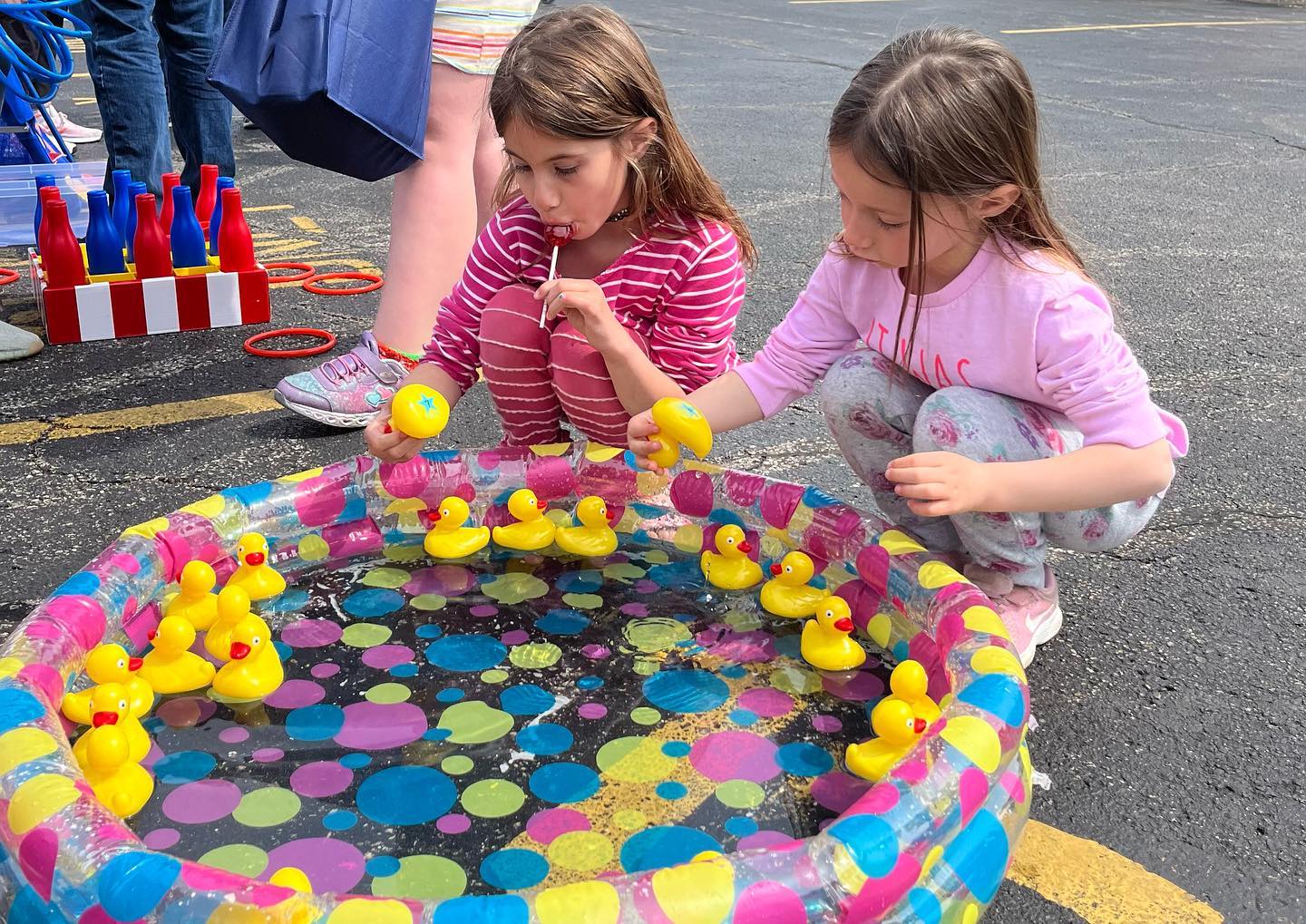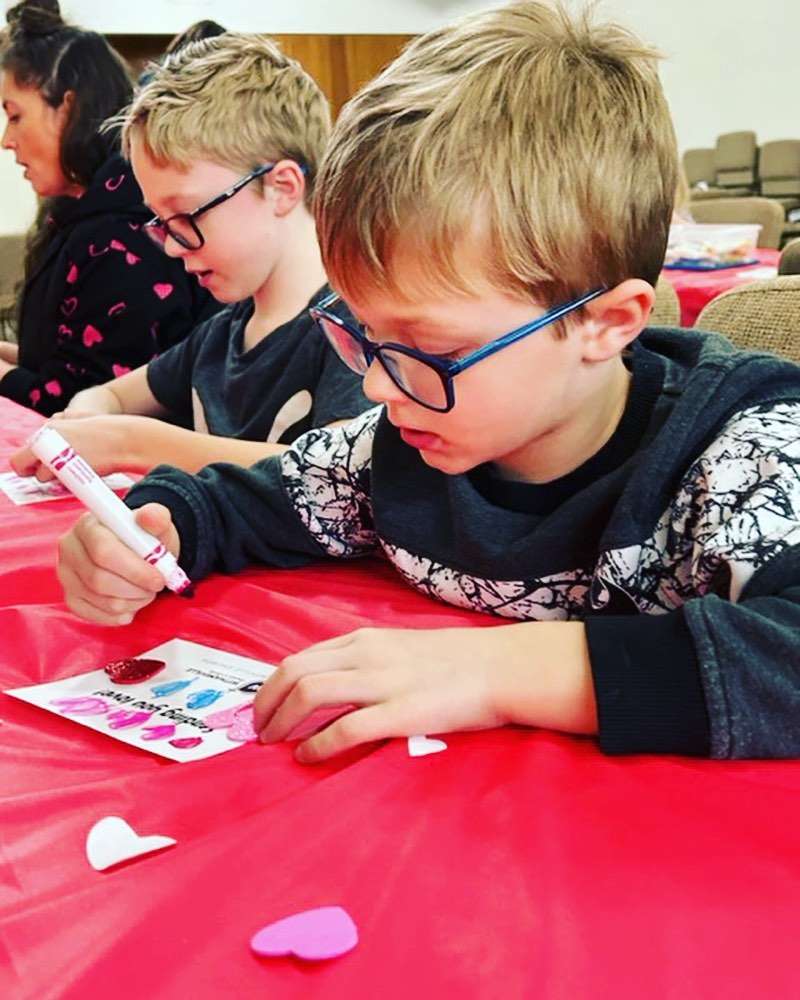Navigating Social Challenges at School
Navigating Social Challenges at School
.png)
Social dynamics can be challenging for students, especially those who struggle with social skills. Being able to navigate social interactions and understanding the school environment is critical for children’s well-being and academic success.
Social challenges can affect the educational trajectory of a student, resulting in mental health and behavioral challenges. Furthermore, social turbulence can create a negative impact on a student's social circle and connected school community.
Children's actions and emotions affect those around them. Students need to develop social skills, such as empathy, communication, and cooperation, to foster positive relationships with classmates and teachers. Emotional well-being and positive social dynamics can lead to the creation of a conducive classroom environment and better academic outcomes.
Parents and school staff must work together to develop social-emotional learning opportunities, emphasizing the importance of developing soft skills along with academic challenges. Schools may offer social workers, school counselors, and classroom teachers focused on social development to support students with behavioral, emotional, and compliance issues.
In this post, we will go over social dynamics in schools, including how to make friends, how to stand up to bullies, and how to deal with peer pressure. In addition, we will discuss mental health challenges and behavioral challenges in school.

Social Dynamics in Schools
Social dynamics in schools refer to the way interactions and relationships develop among students and their teachers in the school environment. As children navigate social challenges, they need to develop social skills that will help foster positive relationships with others. This includes developing empathy, communication, and cooperation, among other skills.
Let's look at two key social dynamics school-age children will face: making friends and bullying, and examine the challenges posed by each.
Making Friends at School
Navigating social challenges at school can be a daunting task for students. One of the biggest challenges is making friends. Friendships are vital to a student's well-being and help them develop skills such as empathy and self-confidence. Here are some ways to help students make friends at school:
- Joining clubs or extracurricular activities that align with their interests is an excellent way to meet like-minded peers.
- Working collaboratively in group projects can help students bond and form friendships.
- Participating in social events organized by the school is another way to meet new people and build healthy relationships.
Friends provide support, encouragement, and a sense of belonging, which can improve self-confidence and emotional well-being. Developing empathy can also positively impact the way students interact with others, fostering a positive school environment.
Encouraging students to step out of their comfort zone and build relationships with their peers can have a significant impact on their academic and personal growth. Schools can facilitate this by providing opportunities for students to work together, strengthening the school's overall social dynamic.
Handling Bullies and Peer Pressure
Bullying and peer pressure are two common social challenges that students may encounter at school. To navigate these challenges, students can employ various strategies. One effective strategy is to seek assistance from teachers or school counselors who can provide support and resources for dealing with bullies or handling peer pressure.
Another strategy is to talk with their parents. Parents play a crucial role in creating a safe environment for their children to open up about their experiences. Encouraging open communication and active listening can help parents understand their child's perspective and provide guidance on strategies for coping with bullying and peer pressure. Creating a strong support system with positive role models in the community can also empower students to build resilience against these social challenges.
Additionally, students can take practical steps to handle bullies and peer pressure themselves. These may include avoiding confrontations with bullies, finding allies, refusing to participate in negative social interactions, and developing assertiveness and self-esteem. By developing these skills, students will not only protect themselves but also help to create a more positive and supportive school environment for everyone.

Mental Health and Behavioral Challenges in Schools
Mental health and behavioral challenges can significantly impact a student's ability to thrive in school. These challenges can come in many forms, from anxiety and depression to disruptive or aggressive behavior. Recognizing and addressing these issues is critical for providing a safe and supportive learning environment that meets the needs of all students.
Social Skills and Soft Skills Development for Students
Social skills and soft skills are essential for the success of students in both academic and personal settings. These skills enable students to effectively communicate, solve problems, work collaboratively, and manage their emotions. Students with developed social and soft skills are likely to have better interpersonal relationships, academic achievement, and career opportunities.
Adopting various strategies to help students develop these skills is crucial for their success. Parents and educators can provide opportunities for problem-solving, group activities, and communication exercises. Encouraging students to participate in extracurricular activities that require teamwork can also enhance their social and soft skills.
Recognizing Signs of Mental Health and Behavioral Challenges
Recognizing signs of mental health and behavioral challenges in school students is crucial for early intervention and support. There are several warning signs that may signal that a student is struggling and needs extra help that parents should look out for.
These warning signs can include a sudden drop in grades, lack of interest in academic activities, or difficulty concentrating in class. Students who often skip class or refuse to attend school may also be experiencing mental health or behavioral challenges.
Withdrawal from social interactions or isolation is another red flag. Anxiety or depression can manifest as a student becoming irritable or tearful in class. Aggressive or disruptive behavior might also signal a need for support. In some cases, students may express suicidal thoughts or engage in self-harm.
Parents and educators can look for these signs and offer help and support to students. Reaching out to the school counselor, seeking professional help, or providing a listening ear are some ways to offer support. It's important to remember that seeking help for mental health and behavioral challenges is a sign of strength, and early intervention can lead to positive outcomes for students.
To learn more about how you can support someone with depression, read this blog.

The Role of Parents in Supporting Students with Mental Health and Behavioral Challenges
As a parent, it is important to provide support for students with mental health and behavioral challenges in school. Understanding your child's mental health needs and advocating for them in their classroom is crucial. Parents can work with teachers and school administration to determine individual needs and interventions that can be implemented to support their child.
One effective strategy is to provide classroom accommodations for your child. Some accommodations might include extended time for assignments or tests, preferential seating, or additional breaks for stress management. Additionally, it is important to ensure that your child is receiving adequate support through resources such as school counselors or social workers.
Another way to support your child is by providing a safe and calming home environment. Creating a routine that prioritizes self-care, including activities such as exercise or mindfulness, can help reduce stress and anxiety. Expressing empathy and actively listening to your child can also help them feel supported.
Social and emotional intelligence in children is important! Learn how to develop these skills when you read this blog.
Child Focus is Here to Help Your Child Succeed
Many students struggle to adapt to social challenges at school. Learning how to navigate social challenges is key to every student's academic success and mental health. Those that feel socially rejected or have difficulties relating to their peers will often feel lost and may dread going to school. As a result, their grades are likely to suffer.
Students need to develop social skills such as empathy, communication, and cooperation to foster positive relationships with classmates, teachers, and others later in life. Mastering these skills won't happen overnight. It takes dedication and commitment to continual progress.
If you want your child to thrive in school, then Child Focus is here for you! We offer numerous programs and resources to help children in the Greater Cincinnati area find success.
Our Head Start program is designed to give children a foundation in the social and behavioral skills they need in elementary school and beyond. Child Focus also has before and after-school programs to help school-age children develop their social and behavioral skills.
If you want to set your child up for success in terms of behavioral and social skills, then it is time to reach out to Child Focus today!
Follow us on Facebook, Instagram, and LinkedIn for more!
If Child Focus has made a difference in the life of someone you care about, leave us a five-star review here!
